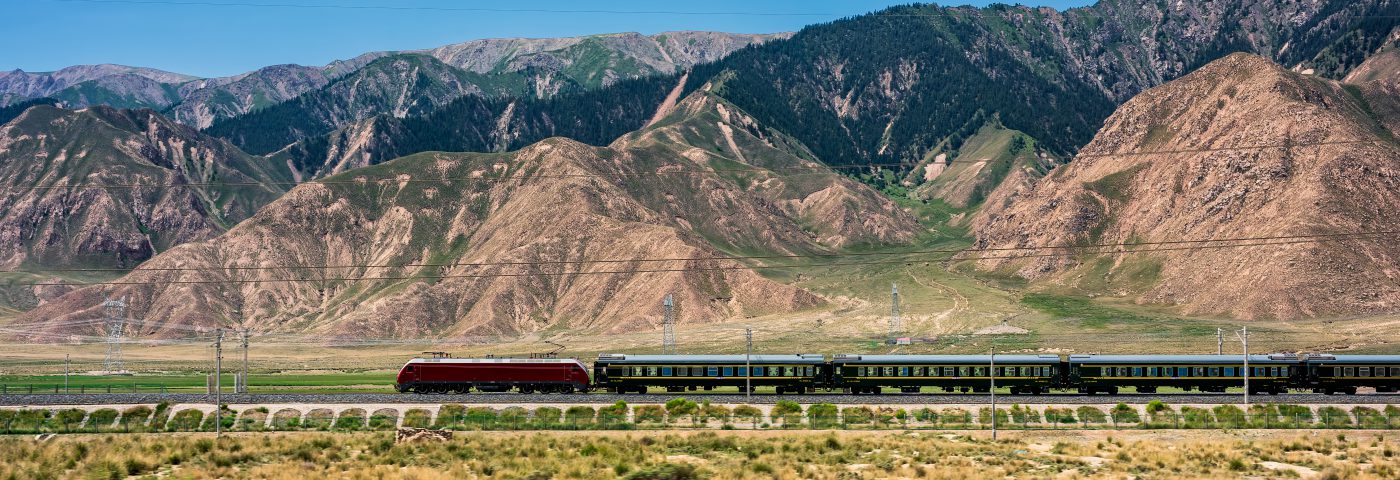Bloggers have urged writers and travellers to do their own research about countries with ‘morally questionable’ regimes.
In a debate at WTM London about the ethics of promoting controversial countries, American blogger Kerwin McKenzie advised delegates: “Don’t jump on the bandwagon. It happens a lot on social media – but let’s talk about it, do your research, ask friends.
“If you can talk to the locals, that is good.”
He recalled being in Zimbabwe, where he saw people queuing to enter from Zambia, as their livelihood depending on selling to tourists.
“Think about the people rather than the governments,” he commented.
“Be respectful in other countries. Don’t be rude, especially on social media, and be careful as you may be wrong.”
London-based travel blogger Julie Falconer said boycotting certain destinations may “hurt the people rather than the regime”.
“Influencers can call attention to issues and that might change things, so we should consider engaging,” she said.
“If you think being there will do more good than harm, then you should go.”
But she agreed that many travel writers and content creators were not comfortable with criticising the politics of a destination.
“Some people are better equipped to talk about issues. I sometimes talk about political issues in my blog but people would not read it if I talked about politics all the time,” she added.
Michael Ball, moderator and co-founder of Traverse, an influencer marketing and events company, admitted he is privileged as a “white, middle-class British male”, because he can go to places that gay friends might avoid.


